Egypt
Egypt's Ministry of Education has banned the wearing of full-face veils in public and public schools, a decision that sparked debate on Tuesday on social networks in the country's most populous Arab country.
On Monday, the government newspaper Akhbar al-Youm published the new decree on school uniforms, which bans primary and secondary school pupils from "covering their faces".
The decree states that the headscarf is "optional", depending on "the wishes of the pupil, without pressure or coercion from anyone other than the legal guardian, who must be informed of this choice".
While the majority of Egyptian women wear the headscarf, the niqab remains in the minority in this overwhelmingly Muslim country.
"People are angry because the government has given no justification, it's a tyrannical decision that invades privacy", Mohammed reacted on X (ex-Twitter).
"No one is angry except supporters of the Taliban and the Islamic State (EI)," retorted al-Masri on the same network.
Ahmed Moussa, a talk-show host and fervent supporter of Abdel Fattah al-Sissi's regime, hailed "an important first step towards destroying extremism and correcting the situation in education, which has become a hideout for Muslim Brotherhood terrorist groups".
Since Mr Sissi deposed President Mohamed Morsi - a member of the Muslim Brotherhood - in 2013, the Brotherhood, which has been declared a "terrorist" organisation, has been banned and its members and leaders have been killed in their hundreds and imprisoned in their thousands.
For Internet users, however, the problem of education in a country of 105 million inhabitants crushed by inflation and public debt lies elsewhere."Is the niqab responsible for overcrowded classrooms, dilapidated equipment and teachers' difficulties?" asked another user ironically.
At the end of 2015, Cairo University, one of Egypt's oldest and most prestigious universities, banned its female lecturers from wearing the niqab, a decision upheld in 2020 by a Cairo administrative court.
The strictest form of the Islamic veil, the niqab is generally black, revealing only the eyes through a slit.



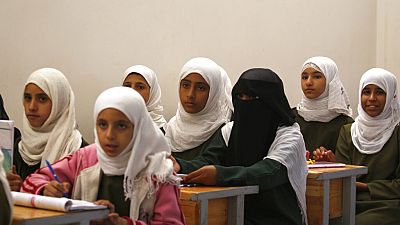

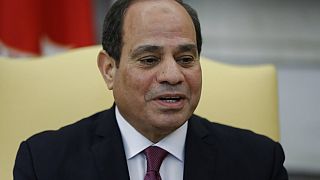
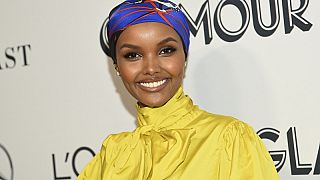
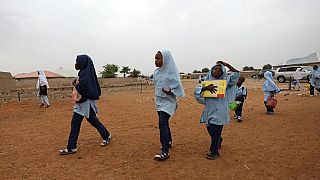
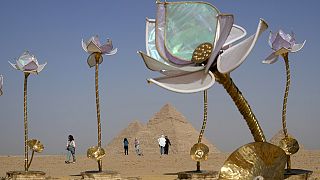
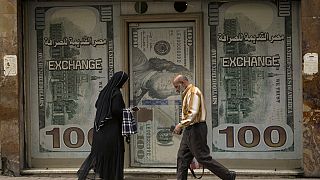
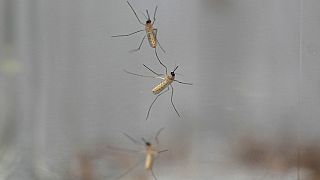
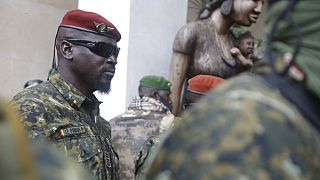


Go to video
Mozambique faces social media restrictions amid election disputes and tensions
Go to video
Kenyan Court approves new Deputy President
01:40
UN report warns of famine, aggravated by conflicts and climate shocks
Go to video
DR Congo Military helicopter crash kills three foreign crew members
Go to video
Paris court sentences ex-Rwandan doctor to 27 years for 1994 genocide role
Go to video
Beauty queen Chidimma Adetshina faces loss of South African ID in nationality dispute